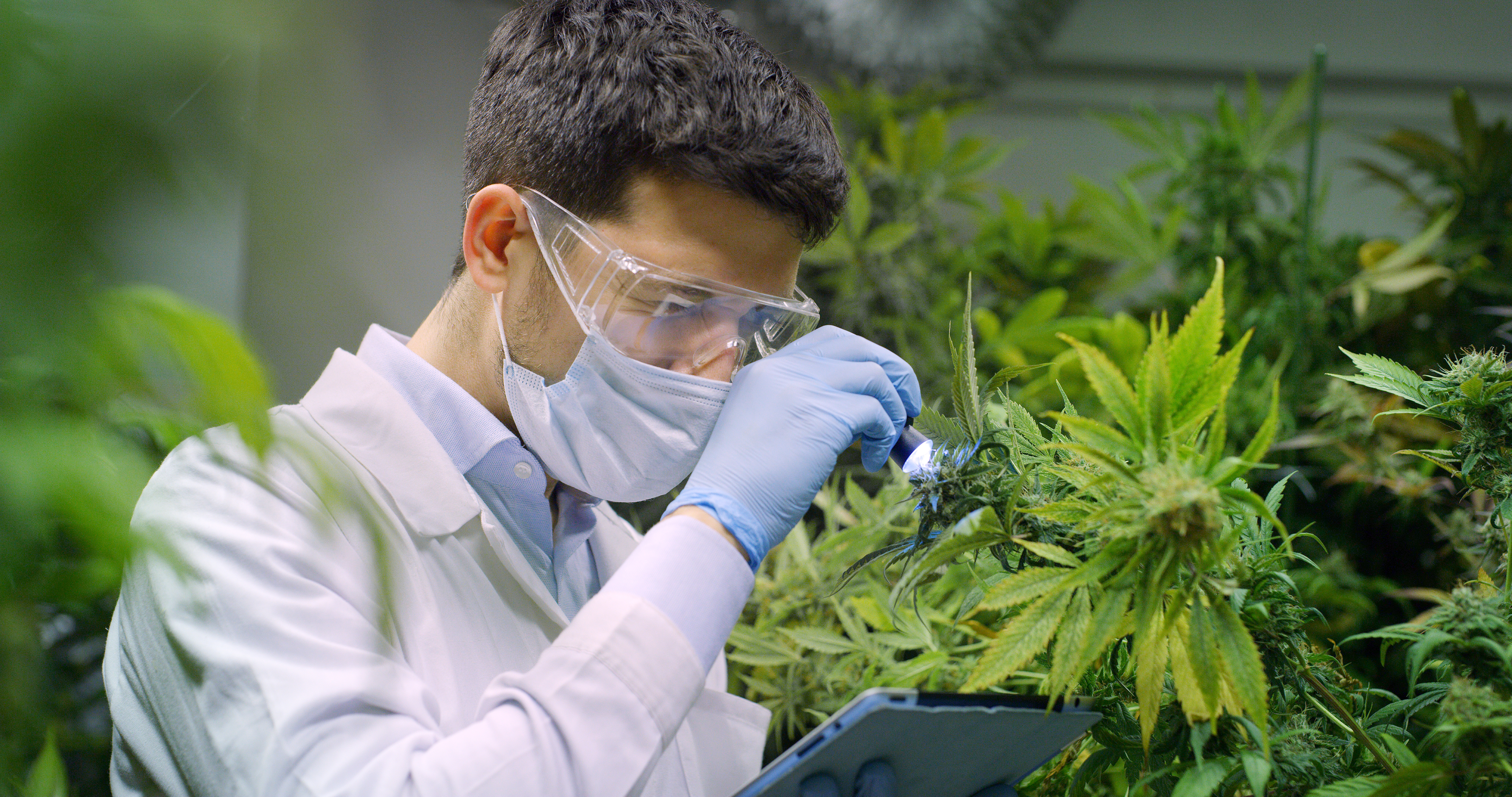Connect with us
Published
2 years agoon
By
Tyler Shultz
Leafly Holdings Inc. has announced a new program that allows accredited cannabis researchers access to data that can help supplement their research.
Through the Leafly + University program, researchers will have access to proprietary data from one of the world’s largest cannabis resources at no cost. Leafly’s cannabis data library includes tens of thousands of cannabinoid and terpene strain profiles from the Leafly-Certified Labs Program, subjective consumer reviews and cannabis popularity metrics. The data is best suited to be used by academic researchers studying the various scientific compounds of cannabis.
“As the cultural and legal landscapes of cannabis access and consumption continue to evolve, the need for more intensive research cannot be understated,” said Nick Jikomes, PhD and Director of Science & Innovation for Leafly. “After several successful partnerships with university institutions, we decided to open up our data library to the rest of the cannabis academic community. We hope to help play a role in creating universal understanding of this magical and mysterious plant.”
Leafly and the University of Colorado Boulder co-published a study, the largest analysis of its kind, that found commercial cannabis labels often do not consistently match the observed chemical diversity of the product, showing that there is a need for standardized labeling across the cannabis industry. A similar study published by Johns Hopkins Medicine found in a study of CBD products, many contained an inaccurate amount of THC compared to what was listed on the label.
As the rate of cannabis use continues to increase, Brian Keegan, study co-author, said partnerships like the Leafly + University program are important as the industry continues to mature and more research is needed on cannabis and its various compounds and effects.
“Leafly was an outstanding research partner in an area that desperately needs less hot air and more empirical research. Leafly provided its one-of-a-kind dataset and made their experts available to answer our questions,” said Brian Keegan, Ph.D. and Assistant Professor in the Department of Information Science at the University of Colorado Boulder. “We went from a research question and design to executing agreements, shared data, and submitting a collaborative manuscript in the space of nine months. That is less time than I wait on most grant proposals and journal manuscript decisions.”
Two bipartisan congressional lawmakers recently filed a bill that would create a federal agenda for cannabis research and create a designation for universities to study cannabis using federal grant money. The “Developing and Nationalizing Key Cannabis Research Act” would require the National Institute of Health to collaborate with other agencies, such as the Centers for Disease Control to develop a national research agenda that addresses key questions and gaps in evidence and include six primary research objectives. The U.S House of Representatives also approved a bipartisan cannabis research bill.
The legislation states federal agencies would be mandated to work together to “carry out surveillance activities to collect population-wide data on cannabis use” such as data related to health outcomes, demographics, types of products and delivery methods. The bill calls for data to be compiled from “public health surveillance systems, surveys, questionnaires, and databases of health care records.” The NIH would have the authority to issue grants or enter cooperative research agreements, switch up to 10 centers and would be able to distribute $50 million between 2024 to 2028.
“In selecting institutions of higher education for designation as Centers of Excellence in Cannabis Research, the Director of NIH shall give priority to such institutions that have proven track records in medicinal cannabis research,” the measure said, with the designations being valid for five years, after which an institution can reapply.


Study Reveals State Cannabis Legalization Lowers Immigrant Deportation


DEA Challenges Bid To Use Psilocybin Under ‘Right To Try’ Legislation


Vegans Rejoice as Farmers Switch from Chickens to Hemp


Louisiana Legislative Committee Unanimously Passes Adult-Use Cannabis Framework Bill


Louisiana House Bill to Regulate Hemp Products Advances Along With Senate Bill to Ban


Cresco Labs Workers Reportedly De-Unionize
